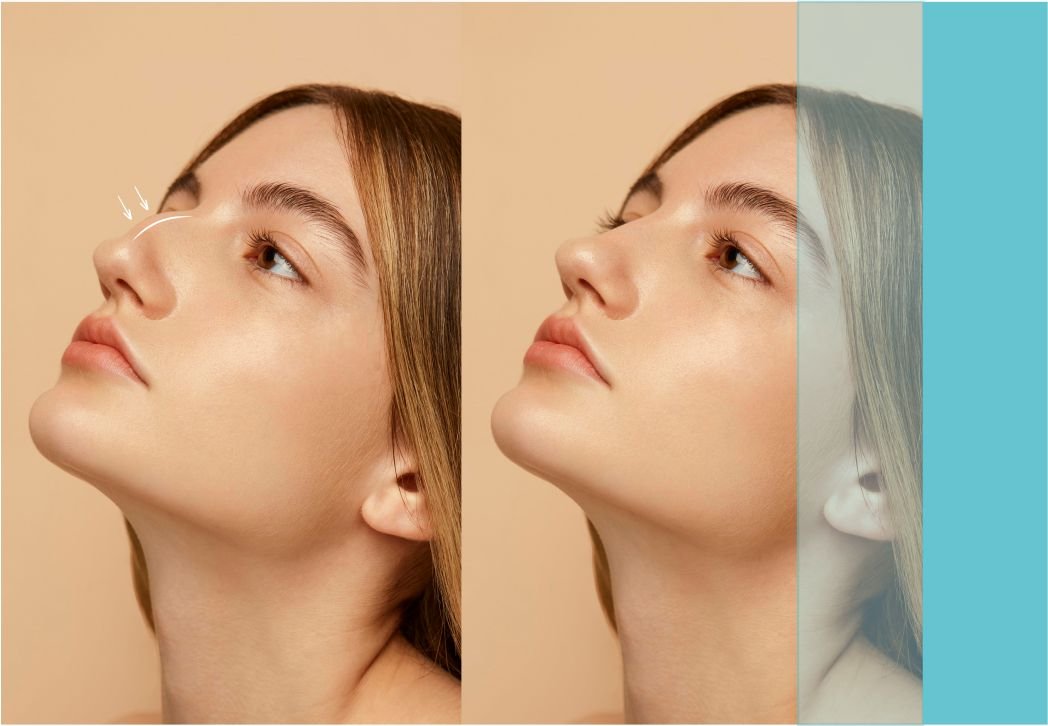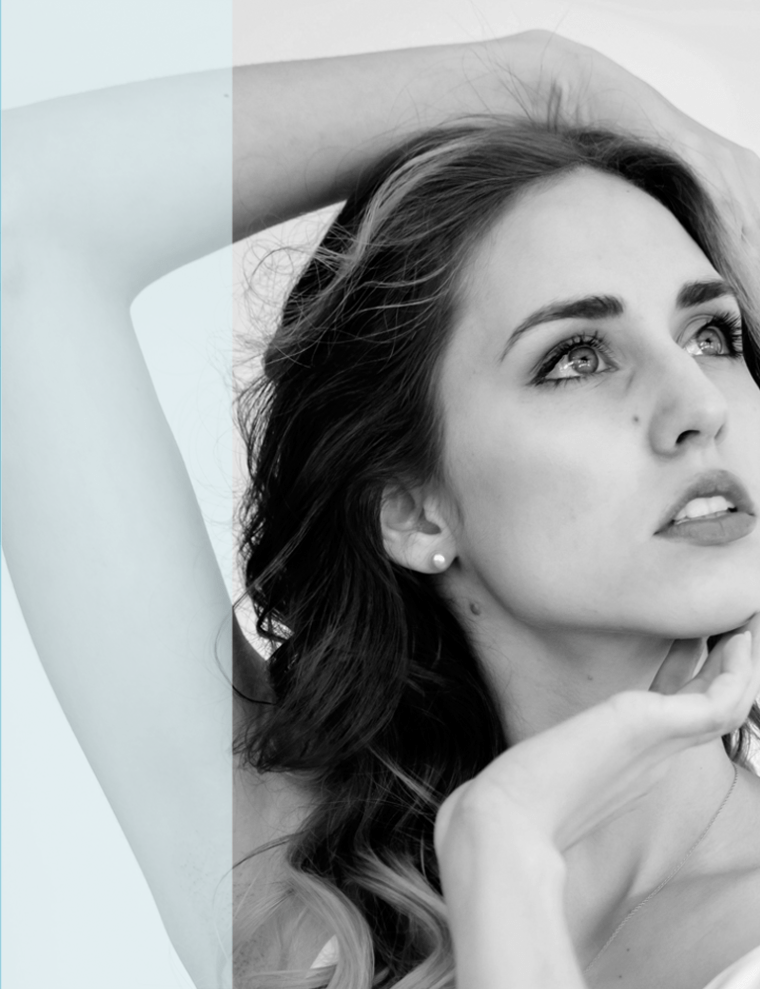Talk to Experts
Top Face sculpting Benefits
Duration: 60 minutes
Frequency: Depends on Your Concern

Firm Sagging Skin with Face Contouring
Face contouring procedures, utilizing advanced dermatological techniques, effectively target and tighten sagging skin, addressing concerns of facial laxity. Through the precise application of cosmetic interventions such as fillers, radiofrequency, or ultrasound therapy, dermatologists can sculpt facial contours, restoring firmness and enhancing the overall aesthetic appearance with natural-looking results.
Skin Concerns Treated with Facial Sculpting
- Sagging Skin
- Wrinkles
- Loss of Facial Volume
- Tired Skin
- Dull Skin
- Ageing Skin
Face Sculpting Pre & Post Instructions

Pre-Treatment Skin Care: Consultation with a Dermatologist
Schedule a consultation with your dermatologist or cosmetic surgeon to discuss your treatment goals, assess your skin condition, and determine the most suitable procedure for you.
Avoid Certain Medications and Supplements: Some medications and supplements, such as blood thinners and aspirin, can increase the risk of bleeding and bruising. Your provider may advise you to stop taking these medications for a specified period before your treatment.
Skincare Routine Optimization: Follow a gentle skincare routine leading up to your treatment. This may include cleansing your face with a mild cleanser, moisturizing regularly, and using sunscreen daily to protect your skin.
Stay Hydrated: Drink plenty of water in the days leading up to your treatment to keep your skin hydrated and promote optimal healing.
Avoid Sun Exposure: Minimize sun exposure and use a broad-spectrum sunscreen with SPF 30 or higher to protect your skin from UV damage, which can interfere with the healing process.
Post-Treatment Skin Care
Follow Post-Treatment Instructions: Your provider will give you specific post-treatment instructions to follow. This may include avoiding strenuous activities and refraining from touching or massaging the treated area.
Keep the Skin Clean and Moisturized: Use a gentle cleanser to wash your face and avoid harsh skincare products that may irritate the skin. Apply a moisturizer to keep the skin hydrated and promote healing.
Use Sun Protection: Protect your skin from the sun by wearing a broad-spectrum sunscreen with SPF 30 or higher, even if you’re indoors. Sun exposure can worsen inflammation and hyperpigmentation, delaying the healing process.
Avoid Makeup and Harsh Products: Refrain from wearing makeup or using skincare products that contain harsh ingredients for the first few days after your treatment. These products can irritate the skin and interfere with the healing process.
Stay Hydrated and Maintain a Healthy Lifestyle: Drink plenty of water to stay hydrated and support the body’s healing process. Additionally, eat a balanced diet rich in nutrients and antioxidants to promote skin health and overall well-being.
Follow Up with Your Dermatologist: Attend any scheduled follow-up appointments.
Face Sculpting FAQ's
1: How does face sculpting enhance facial contours?
Face sculpting uses various techniques such as dermal fillers or non-invasive procedures like HIFU and Thermage to add volume, tighten skin, and redefine facial features, resulting in enhanced contours and a more youthful appearance.
2: What areas of the face can be treated with sculpting?
Face sculpting can target areas such as the cheeks, jawline, chin, temples, and under-eye hollows, addressing a wide range of concerns including volume loss, sagging skin, and wrinkles..
3: Is face sculpting suitable for all skin types?
Yes, face sculpting procedures can be tailored to suit different skin types and concerns, making them suitable for a diverse range of individuals seeking facial rejuvenation.
4: How long do the results of face sculpting typically last?
Results vary depending on the specific treatment used and individual factors, but many patients enjoy noticeable improvements lasting from several months to a couple of years.
5: Are face sculpting procedures painful?
Most face sculpting procedures are well-tolerated, with minimal discomfort. Techniques such as the use of topical numbing creams or anesthesia ensure a comfortable experience during treatment.
6: What is the recovery time after a face sculpting treatment?
Recovery time varies depending on the type of procedure performed. While some treatments may have no downtime, others might involve minor swelling or bruising that typically resolves within a few days to a week.
7: Can face sculpting help with specific skin concerns like wrinkles or sagging?
Yes, face sculpting can effectively address a variety of skin concerns, including wrinkles, sagging skin, loss of volume, and uneven texture, resulting in a more youthful and rejuvenated appearance.
8: Are there any potential side effects or risks associated with face sculpting?
While uncommon, potential side effects may include temporary redness, swelling, bruising, or mild discomfort at the treatment site. These typically resolve on their own within a short time.
9: How many sessions of face sculpting are usually recommended for optimal results?
The number of sessions required depends on individual goals, the specific treatment chosen, and the extent of correction needed. Your provider will customize a treatment plan tailored to your needs.
10: Is face sculpting suitable for both men and women?
Absolutely, face sculpting is a versatile option suitable for individuals of all genders looking to enhance their facial appearance and address specific concerns, regardless of age or gender.




